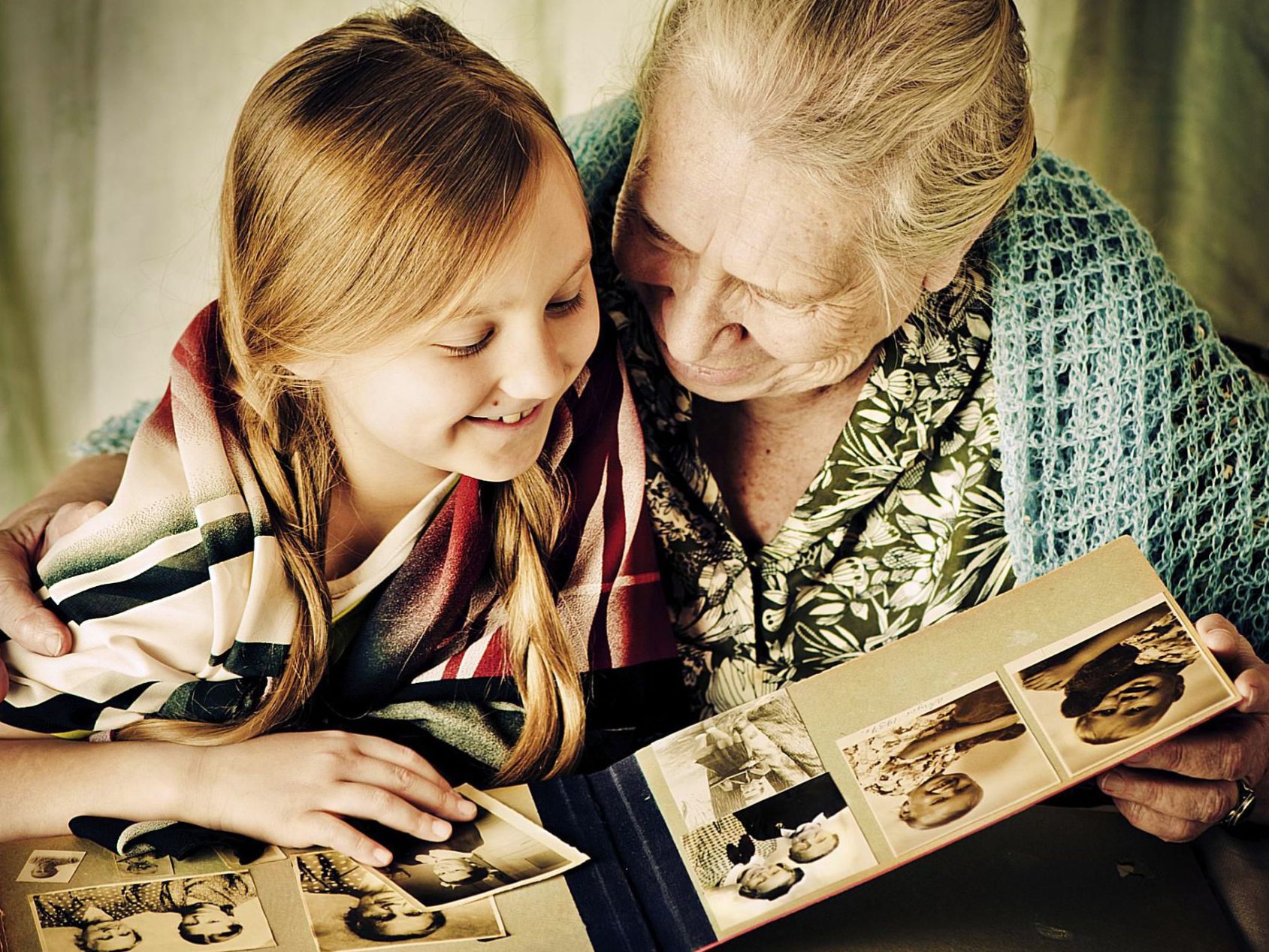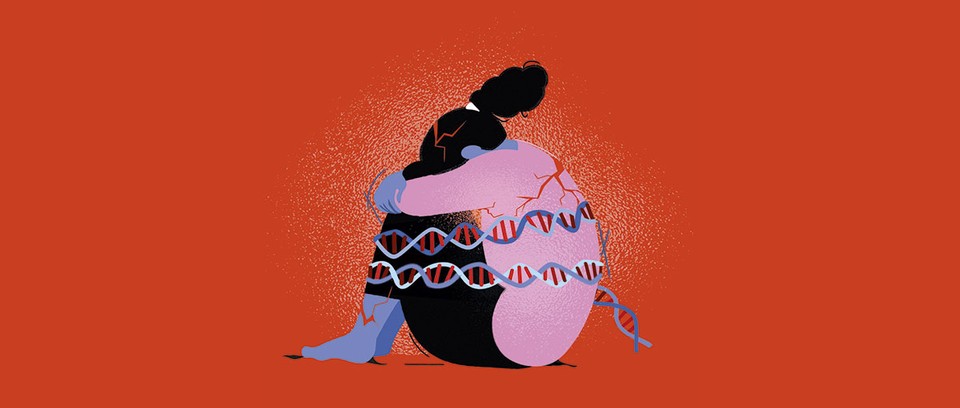-
DNA offers a view into the uniqueness of an individual. Testing cna prove paternity, assist adopted children in locating their bilogical families, and illuminate pathways to lost family.
-
A DNA test is similar to puzzle, and it may reveal a lot about you, helping you connect to your ancestors. What The Testing Involves Here’s what you need to keep in mind:
-
Finding your family tree can be an exciting hobby. But while genealogy research can feel all fun and games in the beginning, a lot of people eventually give up because they’re too frustrated. What makes it so frustrating is
-
Whether you’re finding a lost family member or constructing your family tree as a hobby, you need to start with vital records. Besides the physical records you’ll find in your family’s storage, there are countless online resources that you
-
When it comes to genealogy, there’s no shortage of myths and misconceptions. From the tall tales told by your great uncle to the myths that are so widespread that they almost feel like facts—it’s important to debunk them all.
-
Finding family history can be incredibly fun and often pleasantly surprising. But it’s also quite complicated. Think of it as putting together a very intricate puzzle—you’re bound to mess up, and it will largely be a process based on trial
-
When parents experience heart problems in their 40’s their children often wonder if they can expect the same for themselves in the future. However, this is not necessarily true, as people tend to confuse “heredity” and “genetics.” A hereditary disease can be
-
While many adoptees may prefer to keep their adoption details under wraps, some people try to find biological family roots. They try to find out where they’re from, who their biological parents are, and some may even choose to connect
-
When you first start researching your family history, all you’re going to be thinking about is DNA tests and their results. But once you have the result in your hand, you’ll realize that they only point out raw facts with







